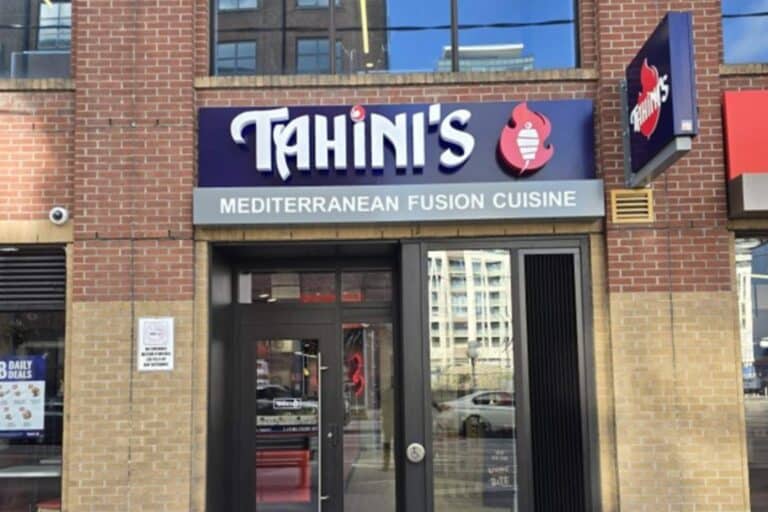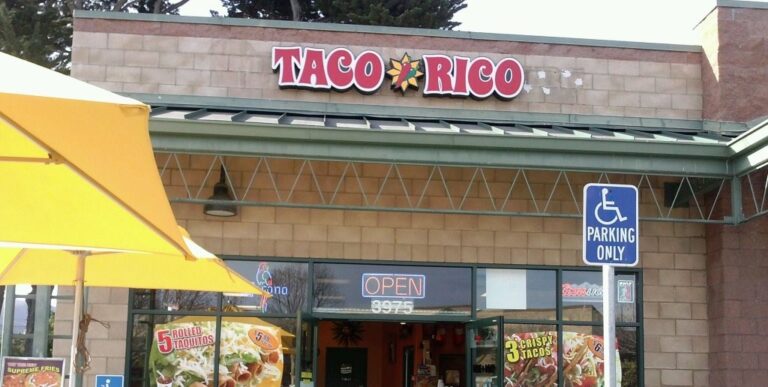Shah’s Halal Franchise FDD, Profits & Costs (2025)

Launched in 2005 as a modest food cart in Richmond Hill, Queens, Shah’s Halal Food has grown into a well-recognized franchise with an international footprint. Operating from its headquarters in Amityville, New York, the chain now has more than 90 locations spread across the United States, Canada, the United Kingdom, and Sweden.
The menu at Shah’s Halal Food includes an array of platters, gyros, wraps, and salads, all made using halal-certified, responsibly sourced ingredients.
Signature offerings such as Chicken over Rice and Lamb over Rice are served with the brand’s distinctive sauces—most notably the popular white sauce—which have become a hallmark of the dining experience.
In 2016, the company began franchising, opening doors for entrepreneurs to operate food trucks, street carts, or full-scale restaurant locations under the Shah’s Halal brand.
Initial Investment
How much does it cost to start a Shah’s Halal franchise? It costs on average between $197,000 – $405,000 to start a Shah’s Halal franchised restaurant.
This encompasses expenses for construction, kitchen equipment, inventory, and initial operating costs. The total investment can vary based on several factors, such as the chosen format—food cart, food truck, or brick-and-mortar restaurant—the location, and whether the franchisee opts to lease or buy the property.
| Type of Expenditure | Amount |
|---|---|
| Initial Franchise Fee | $30,000 |
| Travel Expenses to Attend Training | $2,000 to $20,000 |
| Real Property | $3,000 to $10,000 |
| BuildOut/Construction | $80,000 to $160,000 |
| Fixture Package | $30,000 to $50,000 |
| Initial Inventory | $10,000 to $30,000 |
| Marketing Supplies | $2,000 to $7,000 |
| Signage | $10,000 to $28,000 |
| Computer Hardware, Software, and POS System | $4,000 to $6,000 |
| Insurance | $6,000 to $10,000 |
| Licenses, Permits | $1,000 to $3,000 |
| Grand Opening Campaign | $1,000 to $5,000 |
| Legal & Accounting | $3,000 to $6,000 |
| Miscellaneous Opening Costs | $5,000 to $15,000 |
| Additional Funds – 3 Months | $10,000 to $30,000 |
| TOTAL | $197,000 to $405,000 |
Shah's Halal Franchise Disclosure Document
Frequently Asked Questions
How many Shah’s Halal locations are there?
As of the latest data, Shah’s Halal Food operates 58 locations, with 44 franchise-owned and 14 company-owned.
What is the total investment required to open a Shah’s Halal franchise?
The total investment required to open a Shah’s Halal franchise ranges from $197,000 to $405,000.
What are the ongoing fees for a Shah’s Halal franchise?
Halal Food franchisees are required to pay an ongoing royalty fee of 6% of gross sales. In addition, there is a marketing and advertising fee of 2% of gross sales to support brand-wide promotional efforts.
Who owns Shah’s Halal?
The Shah’s Halal Food franchise is owned by Shah’s Halal Food, Inc., headquartered in Amityville, New York.
Disclaimer
Disclaimer: This content has been made for informational and educational purposes only. SharpSheets is an independent educational resource and is not affiliated with, endorsed by, or representing any franchisor mentioned on this website. Where noted, figures are taken from the franchisor’s Franchise Disclosure Document (FDD). In some cases, we may provide independent calculations or estimates based on publicly available information. We do not make any representation or warranties with respect to the accuracy, applicability, fitness, or completeness of the information presented in the article. You should not construe any such information or other material as legal, tax, investment, financial, or other professional advice. Nothing contained in this article constitutes a solicitation, recommendation, endorsement, advertisement, or offer to buy or sell any franchises, securities, or other financial instruments in this or in any other jurisdiction in which such solicitation or offer would be unlawful under the franchise and/or securities laws of such jurisdiction.
All content in this article is information of a general nature and does not address the detailed circumstances of any particular individual or entity. Nothing in the article constitutes professional and/or financial and/or legal advice, nor does any information in the article constitute a comprehensive or complete statement of the matters discussed or the law relating thereto. You alone assume the sole responsibility of evaluating the merits and risks associated with the use of any information or other content in this article before making any decisions based on such information or other content.




